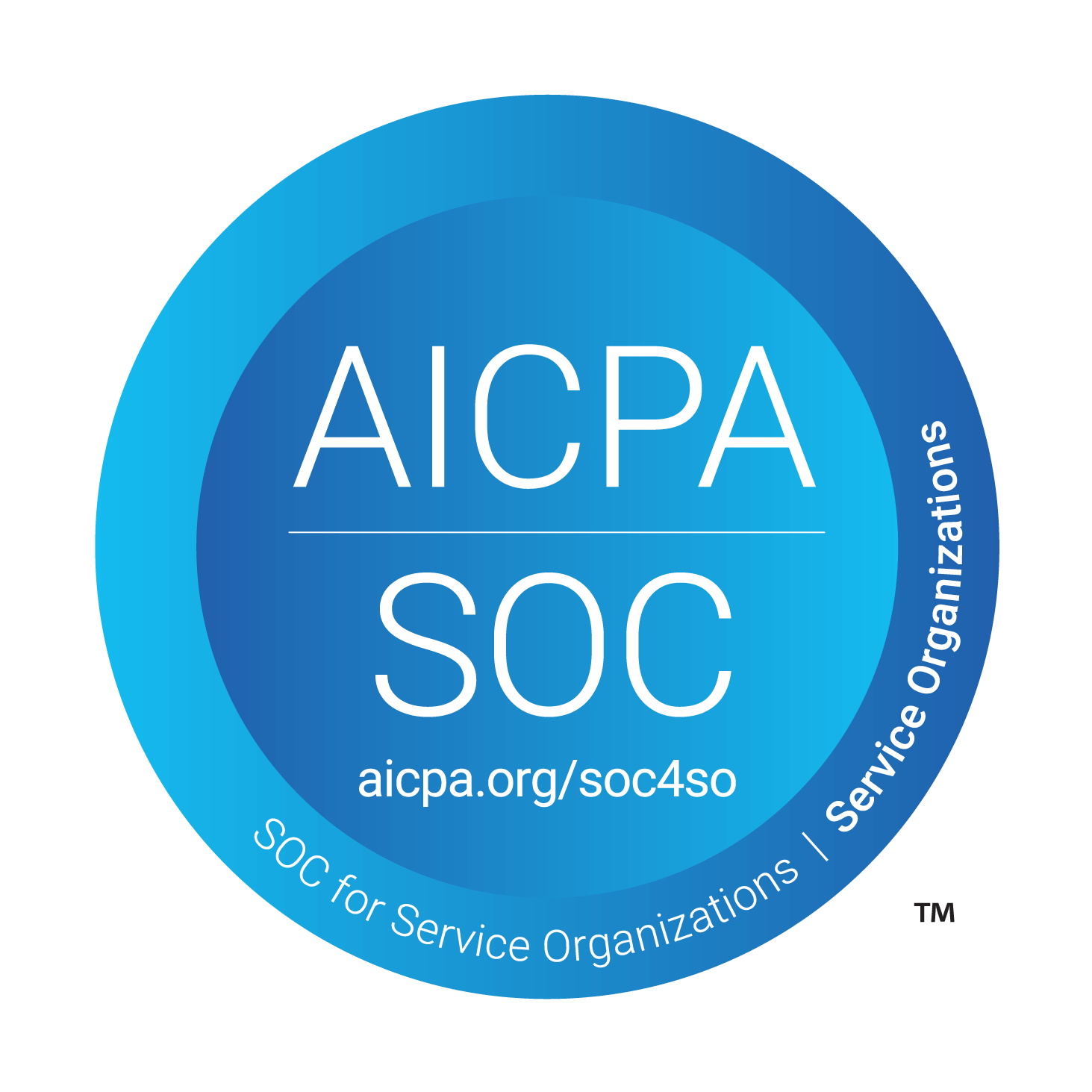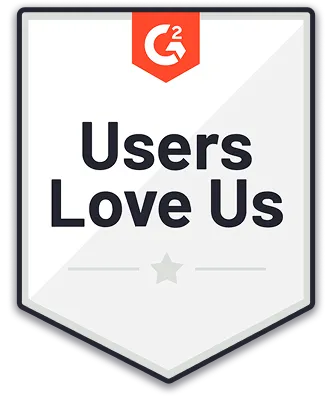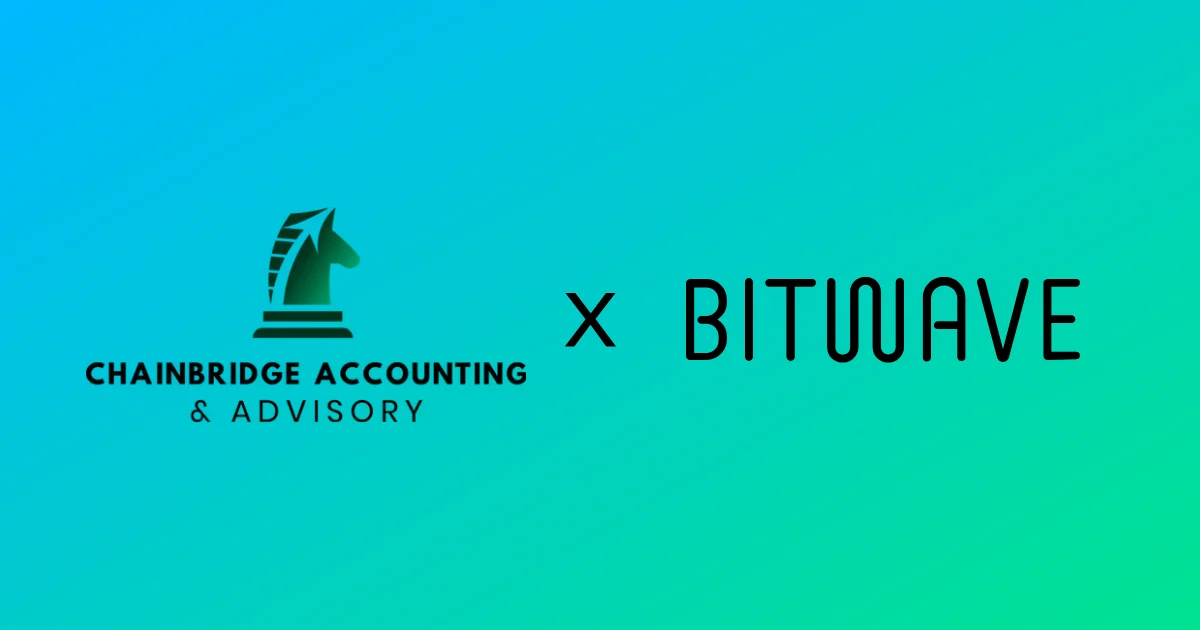
This blog was a guest contribution from CipherCounts, a boutique crypto accounting firm in the Bitwave Certified partner network.
The world is changing quickly, reshaping how we work, build, and practice accounting. The industry must now navigate the growing influence of crypto and AI amid shifting global rules and regulations that can feel both temporary and suddenly enforced. Projects rise and fall with speed, making it difficult to know where to focus time and resources.
Accounting is only one industry impacted by these forces. They are felt at every level of the corporate hierarchy, across founders, stakeholders, organizations, and jobs, reshaping how we perceive and manage money itself. Yet the future isn’t something to endure passively. With the right approach, accountants can actively shape their role and ensure their longevity in a profession growing into its new era after decades of business-as-usual.
The Evolving Role of Crypto Accountants
We’re long past the world where accountants can live solely in their ledgers. Modern financial roles require leveraging accounting tools to help businesses run effectively and efficiently. No matter how technology evolves, someone will always need to ensure that data is accurate and appropriate, money and information are secure, reporting is timely and compliant, and there’s money in the bank tomorrow.
Thus, it’s more important than ever that crypto accountants become technologists. I founded CipherCounts to work at the edge of innovation and help SaaS companies develop next generation accounting tools. It is through the symbiotic relationship of accountant and software that an accounting system can optimize workflows while the accountant represents the accounting positions and works within technical limitations.
Time to Hit the Proverbial Accounting Gym
While it’s tempting to let automated accounting do all the work, one of the biggest places humans matter is solving edge cases. Something that is commonly misunderstood about AI and automation is that while it is fluent in language and process, it does not carry understanding. This means that although it may give an appropriate answer, it is not comprehensive, nor is it necessarily case specific, and it lacks any sense of context or consequence.
This means that there still needs to be someone working with the system who has domain expertise and understands the goals of the organization. It also means the SaaS accounting builders need to anticipate and update the software as new requirements emerge.
To fill this hole, domain expertise and critical thinking becomes the most valuable offering a human can provide. By keeping current with technology and fluent in the software, an accountant can identify an appropriate tech stack, set up a system, assign and maintain rules for automation, and ensure it performs as intended. They can also identify where improvements can be made, prepare more comprehensive reports and analysis, and spend more time with stakeholders planning for critical decisions.
So next time you hear about an emergent trend, don’t just talk to others about it, become a source of knowledge yourself. Be able to come up with accounting positions that support token value via non-standard methods. For example, aUSDC isn’t a cryptocurrency, it’s an underlying asset that represents a token deposit that can be used in the AAVE protocol. Be the one researching it with lawyers and become the person who can teach others. Watch a video, read a whitepaper, test a product. With even a few hours a month, you can get insight on where the future is going, and contribute to it.
The Power of Visionary SAAS
Not all solutions are equal. Some accounting software is built from first principles and planning that foresees an industry’s future needs, while others are duct taped solutions with heavily coupling dependencies that make change prohibitively expensive.
The best systems are modular and can thrive in a changing environment, and allow for a user to adapt accordingly. The first step to this is deep attention to data handling and data integrity. In the crypto industry, with so many one-off cases, this is not trivial. Each network and protocol is unique and non-standard. While it’s impossible to build for each use case, an adaptive system will design tools for accountants to work around edge cases.
This is invaluable in the ever changing landscape of crypto accounting compliance. Regulators could change an inventory method at any time, as the IRS proved in June 2024 with Rev. Proc. 2024-28. Without getting into the weeds, this mandated cost basis lots to be assigned to specific wallets in an attempt to simplify how digital assets are audited and tracked. One argument for it is when trying to evaluate what is a capital gain and loss, it’s impossible for a third party to know what actually happened in those transactions, but it is much easier to watch as tokens enter and leave. By assigning a specific cost basis in a wallet and requiring a receipt for each transfer, it simplifies the analysis. Until this point, most accountants used universal inventory or spec ID, and at the initial IRS ruling to change to crypto inventory methods, people had only a handful of months to comply.
This is where crypto accounting system capabilities can make or break a project. One of the biggest benefits in a visionary accounting software is that users can adapt smoothly to evolving regulations. Bitwave is one of the few crypto SaaS solutions that allows accountants to change an accounting method without heavy lifting. Most accounting software locks entries in at the transaction level, meaning that if there needs to be a change to the methodology or analysis, all of the work must be redone.
Bitwave helped clients migrate to the new regulation. Users can create a new inventory with their existing data set in a brand new instance while still having access to historical reporting, making it simple to preserve data while complying with new regulations. One of my favorite features is the action log. It helps users create receipts that document wallet transfers, including cost basis and time of transfer. While it’s not a replacement for corporate documents or formal agreements, when scraped from the blockchain, these receipts can function as a 3rd party source to help substantiate various accounting positions and provide support during audits.
One Solution, Many Wins
In addition to future-proofing companies from new regulations, Bitwave’s reporting modularity solves for multi-entity and global enterprises that require complex and varying schedules. Several of my clients have used it to satisfy reporting requirements across jurisdictions, reducing errors and saving clients time and money best spent elsewhere.
It also allows for asset balance confirmations and scenario reporting in what otherwise might be a tedious manual process. Once a new inventory view is created, it is simple to run scenarios within minutes, which can then be used to optimize treasury management and find opportunities to maximize tax savings.
Innovative Solutions Can Be Robust, But Only If We Are
It boils down to the simple and well-known proverb. Garbage in. Garbage out.
These days, many read headlines as truth and skip the content, but the accounting industry cannot afford to be so frivolous. It’s easy for people to trust automation too much, such as when the QuadrigaCX CEO died with the only key to $137M. It was trusted because deposits were automated, during a time when automation was seen as more secure than humans.
Accounting doesn’t change overnight, so thankfully, there’s time to adapt. It’s expensive to integrate new systems, and in many cases is more costly than using a traditional accountant. But neither should we take it for granted that the work will always be there. Here are a few tips to help navigate these challenging times.
- Perform ongoing research on new technologies and understand their capabilities and consequences
- Stay current by updating workflows that adapt to new software capabilities
- Seek paths to automation in your tech stack
- Work with regulatory bodies to help standardize the accounting practice
- Work on interdisciplinary teams across legal, finance, and tech to create scalable solutions
And of course, use great SaaS! Here’s how I found all of my favorite SaaS solutions.
- Accuracy. Just like software has bugs, most systems make mistakes and stumble on the data.
- Automation. Time is money.
- Ease of Use. Is there batch editing? Custom automation of processes?
- Adaptability. How visionary is the organization? Can you trust it to keep up with compliance and complex use cases?
- Verify. Always test your software. When you first use it, and any update thereafter.
In a world where the Turing test has become, ironically, incomplete, accountants must claim their place, not as those who count, but as strategic problem solvers who help companies manifest their vision. Machines may act more like us than ever, but we must always be their watchers, preventing accounting dystopia through context, ethics, and guidance that can only come from being human.


Disclaimer: The information provided in this blog post is for general informational purposes only and should not be construed as tax, accounting, or financial advice. The content is not intended to address the specific needs of any individual or organization, and readers are encouraged to consult with a qualified tax, accounting, or financial professional before making any decisions based on the information provided. The author and the publisher of this blog post disclaim any liability, loss, or risk incurred as a consequence, directly or indirectly, of the use or application of any of the contents herein.







